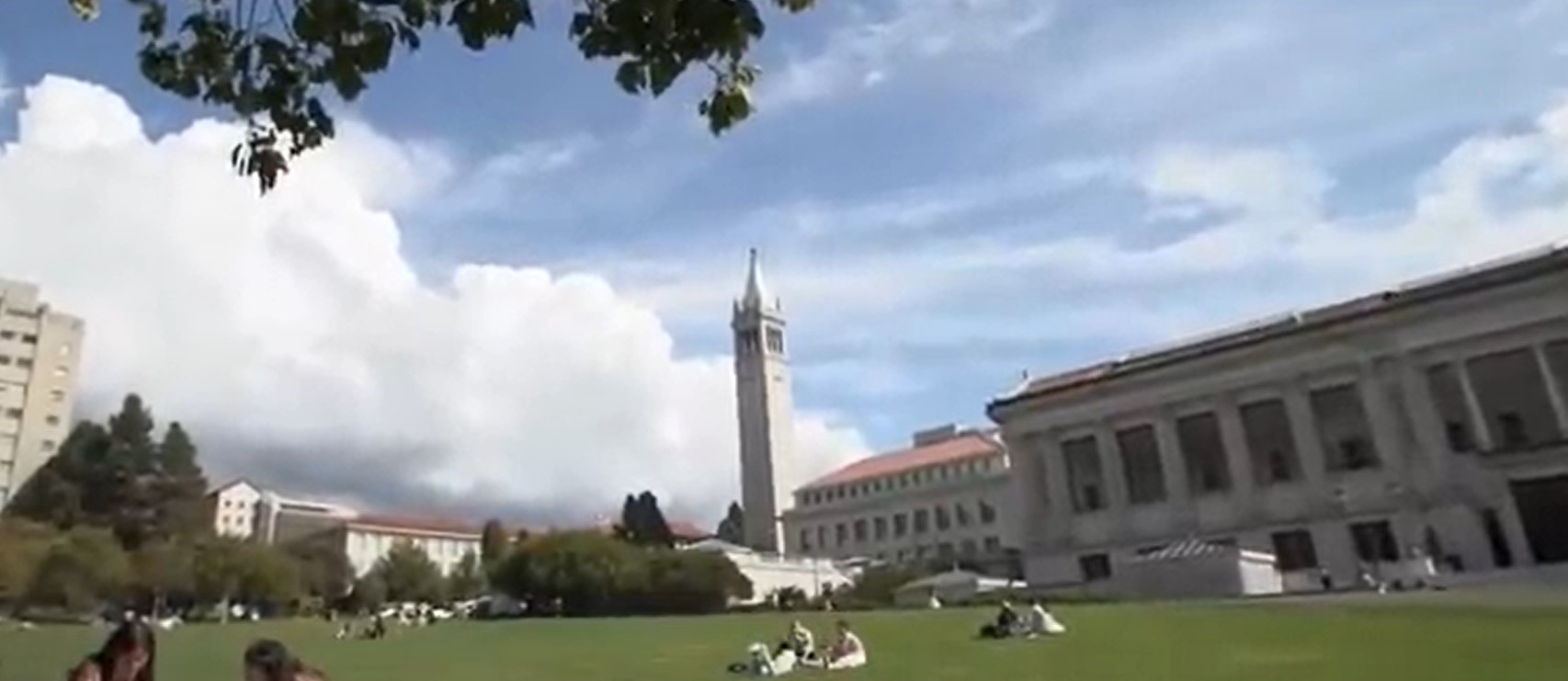Education
DOJ’s Civil Rights Division Probes California Universities’ Admission Policies

Screen Capture/PBS NewsHour
The Department of Justice (DOJ) announced Thursday that it has launched investigations into several elite California universities due to concerns their admissions policies violate federal civil rights law.
Stanford and the University of California (UC) branches in Berkeley, Irvine and Los Angeles (UCLA) all face accusations of continuing to use race as a factor for admission despite the 2023 Supreme Court ruling banning such practices, according to a DOJ press release. While several universities saw skyrocketing levels of Asian student enrollment following the decision, schools like UCLA saw an unprecedented rise in black and Latino enrollment, boasting methods for skirting the ruling.
“President Trump and I are dedicated to ending illegal discrimination and restoring merit-based opportunity across the country,” Attorney General Pam Bondi said in the announcement. “Every student in America deserves to be judged solely based on their hard work, intellect, and character, not the color of their skin.”
UCLA publicized its plan for racially gerrymandering its student body in a bid to increase “diversity” on campus, propping up methods such as using students, staff and alumni to personally reach out to minority students, hosting events for “underrepresented groups” and viewing applications in a “holistic” fashion instead of in separate segments. Other universities have mirrored this plan and face concerns they are illegally discriminating on the basis of race.
“Since Proposition 209 banned California’s public institutions from considering race in admissions, UC has implemented admissions practices to comply with it,” a UC system spokesman told the Daily Caller News Foundation. “At the same time, we remain committed to expanding access for all qualified students. The UC undergraduate admissions application collects students’ race and ethnicity for statistical purposes only. This information is not shared with application reviewers and is not used for admissions.”
California’s Proposition 209, the Prohibition Against Discrimination or Preferential Treatment by State and Other Public Entities amendment, has been in place since 1996, banning affirmative action policies in the state far before SCOTUS’s ruling. This has given UCLA several decades to perfect its loophole, testing methods of outreach to nonwhite students in order to increase their enrollment at the university.
California has historically been at the center of the legal battle over affirmative action. The 1978 Supreme Court ruling in Regents of the University of California v. Bakke, the first ever Supreme Court case dealing with affirmative action, banned the use of explicit racial quotas in schools, but permitted consideration of race for the purposes of “diversity.” That “diversity” consideration was only recently outlawed in the 2023 case Students for Fair Admissions v. Harvard.
Pursuant to that decision, the Department of Education in February issued a directive reminding schools they are bound by civil rights laws, and noncompliance with the Court’s ruling was a violation of such laws. Several education organizations, including the American Association of University Professors (AAUP), encouraged schools to “vigorously” disobey this order, arguing that the process for revoking federal funding from schools over civil rights violations was lengthy and difficult.
The Trump administration, however, has proven its willingness to enforce its directives, freezing millions of dollars for schools for failing to comply with bans on men competing in women’s sports and for failing to put an end to antisemitic protests.
Stanford did not immediately respond to the DCNF’s request for comment.
All content created by the Daily Caller News Foundation, an independent and nonpartisan newswire service, is available without charge to any legitimate news publisher that can provide a large audience. All republished articles must include our logo, our reporter’s byline and their DCNF affiliation. For any questions about our guidelines or partnering with us, please contact [email protected].

